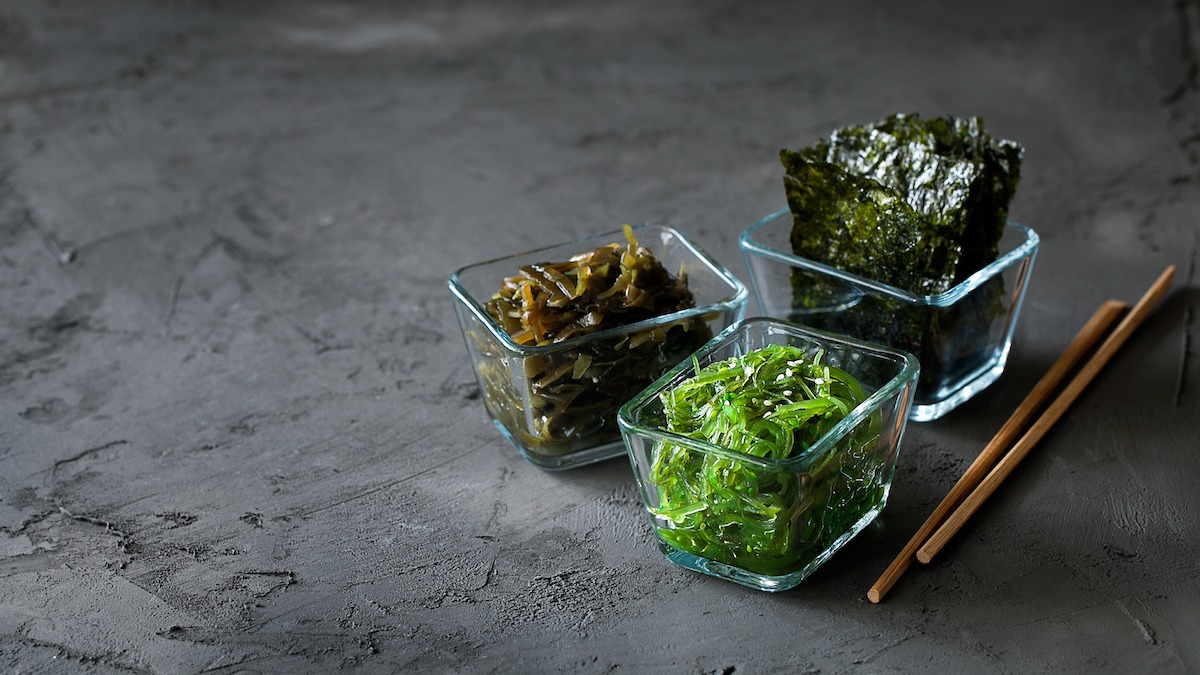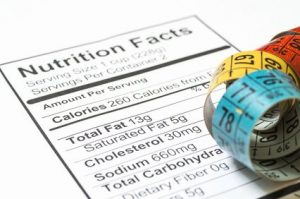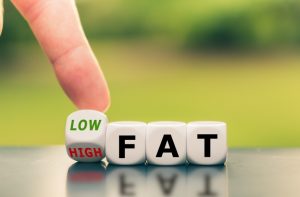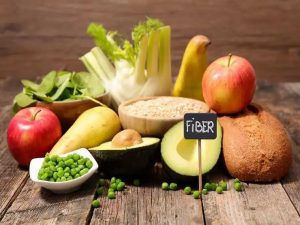Eating seaweed? Yes- you read that right!
Fucose is a Glyconutrient. There are 8 saccharides that make up this family:
• Mannose
• Glucose
• Galactose
• Xylose:
• Fucose (not fructose)
• N-acetylglucosamine
• N-acetylneuramic acid
• N-acetylgalactosamine
Fucose can be found in natural products like seaweed and echinoderms. From ancient times humans have consumed them. The original gelatin was often made from seaweed before artificial gelatin was developed.
When handling wet kelp you will experience a slimy sensation. This is largely due to fucoidans on the surface of the seaweed. When you pull apart the ”slime“ you will see long threads. These are the extended chains of fucoidan polysaccharides(including fucose)
Brown seaweed kelp is used to extract alginates for industrial, pharmaceutical, and food purposes but for a long time Fucoidans were not considered. Now research has revealed that Fucoidans have been found to have medicinal benefits like anticoagulants.
Fucoidans are made up mainly of the saccharide fucose. They have been found in brown marine algae and echinoderms like sea urchins and sea cucumbers. They are used in a number of medicines including ones for anticoagulant and antithrombotic therapy.
There are many different types of brown kelp, which vary in the amount of fucose they have. Research is only just now being done on this little known area of science. The kelp has been a highly prized food and medicine for many centuries. The substance, extracted from the kelp, Fucus Vesiculosus contains 16 different fucans.
They assist the kelp plant by protecting it and help its cell walls not to get damaged with changing salt concentrations. They also help the kelp and echinoderms with their reproductive systems.
Fucose is also useful for helping the human immune system and assisting the body to ward off infections, diseases and toxins. Other uses are help with inflammatory conditions and ulcers. Not only the brown kelp but also the Japanese seaweed Mozuku is used for extracting Fucoidan.
Fucose can also have an effect on enzymes by promoting and inhibiting them. It has been found to be helpful against snake venom and bites. By controlling the enzymes that can cause the venom damage.
There are many uses for this useful glyconutrient and it is only just recently that these uses are coming to light. As scientists do more research they are discovering new uses for this saccharide and the other glyconutrients. The new research is called Glycobiology and is named after the Glyconutrients they are investigating.
Only during the last 10 years scientists have been researching the family of foods known as the carbohydrates. Because of their complex nature it took time for scientists to understand and be able to analyze them.
Now as they go deeper into their structure and uses they are finding the immense benefits that Glyconutriants hold for the mankind.












Be First to Comment